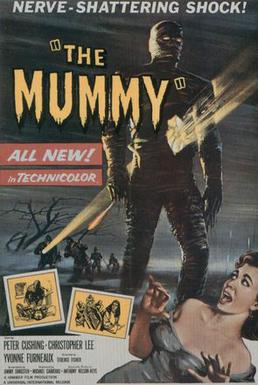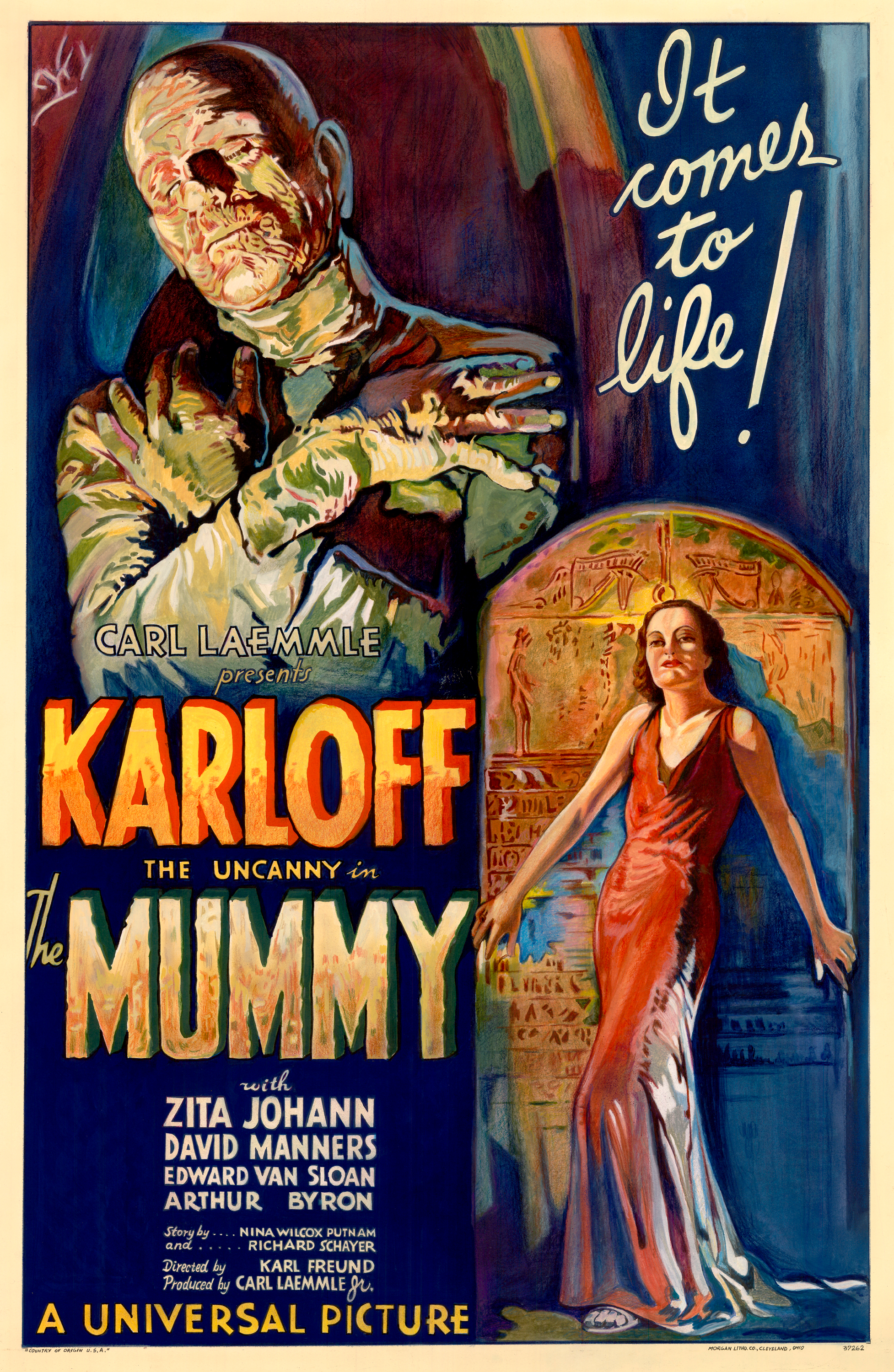SATURDAY NIGHT
I read somewhere that the trajectory of a long-term career or public persona goes from sensation to over-sensation to vacation to institution. Saturday Night Live fits that description. Now on its 50th year on the air, the late-night comedy variety show has gone through various ups and down: from being the cutting edge of comedy to a laughingstock kept alive through sheer inertia to a creative revival to now something that is just there. Saturday Night is a film about its very first episode, chronicling the rise of this group of young artistic rebels. Selling me on something that I never fully bought into, Saturday Night works thanks to some standout performances.
October 11, 1975. With only 90 minutes to airtime, young, harried Saturday Night producer Lorne Michaels (Gabriell LaBelle) must pull himself and his show together. This is not an easy task, as everything and everyone around him seems set on bringing Saturday Night down. The network brass, embodied by Dave Tebet (Willem Dafoe) makes clear that Saturday Night is just a bargaining chip the network is using against their prickly Tonight Show host, Johnny Carson, during contract negotiations. Carson himself calls prior to broadcast to let Michaels know he thinks Michaels, his cast and show are all useless. Into the mix comes none other than Mr. Television himself, Milton Berle (J.K. Simmons). Uncle Miltie, who might fill in as a last-minute guest host and films at another variety show nearby, has equal contempt for these young kids and their brand of humor.
The outside forces brewing against Michaels is nothing compared to the enemy inside his camp. His guest host, George Carlin (Matthew Rhys) finds some of the material idiotic. His cast members are all over the place metaphorically and in the case of John Belushi (Matt Wood) literally, having walked off due to his irritation at the bee costume he has to wear. Add to that, Belushi has still not signed his contract, veering dangerously close to making his entire appearance doubtful. Other cast members such as arrogant Chevy Chase (Cory Michael Smith) and lothario Dan Aykroyd (Dylan O'Brien) veer from cooperative to contemptable. One of Saturday Night's writers, Michael O'Donoghue (Tommy Dewey) loves pushing the buttons of the NBC censor, whom he openly calls an "evangelical c--t", balking at the idea that anyone, even Michaels, would dare alter his genius. The sole black cast member, Garrett Morris (Lamorne Morris) continuously wonders what his role on Saturday Night is at all, save for literally putting "color" to color television.
Waiting in the wings to know if they are even going to get on the air are comedians Billy Crystal (Nicholas Podany), puppeteer Jim Henson and eccentric standup comic Andy Kaufman (both played by Nicholas Braun). Henson has been given no script. Kaufman keeps wandering off while in character, and the cast and crew have no idea what material that in dress rehearsal took three hours will stay or go to fill those ninety minutes. With only NBC junior executive Dick Ebersol (Cooper Hoffman) on his side, Lorne Michaels must hurry and push himself and everyone else to get Saturday Night on the air without physically and emotionally collapsing. Will he be able to do so?
The conceit of Saturday Night is that we are given a "you are there" feel. The film runs nonstop for those 90 minutes prior to the debut broadcast, which is meant to give you the urgency and desperation Michaels is going through as his dream seems on the brink of total collapse before it even starts. I get what director Jason Reitman, and his cowriter Gil Kenan, are going for.
I appreciated the effort. I just never fully bought into it. Case in point is when Saturday Night announcer Don Pardo (Brian Welsh) stumbles over Aykroyd's name, calling for help on how to pronounce it. I find it incredibly hard to believe that Pardo would have barely come across Aykroyd's name prior to airtime. He, I figure, might have found it difficult when first seeing it, but by the time of dress rehearsal, Pardo would know who Dan Aykroyd is, along with knowing how to properly pronounce the name.
I also was not fully accepting that Saturday Night would be so chaotic. I can see how, with almost no direction from Michaels, the original Not Ready for Primetime players would not know what would or would not make it to air. However, would they also be so inexperienced that they would not know what to do? My sense is that this was done for dramatic effect. I can give Reitman that. I can also give him some leeway when it comes to using an Aaron Sorkin-like "walk and talk" style as Michaels goes from managing one crisis to another.
Saturday Night wanted to make me feel tension on whether the show would make it at all (no spoiler, it did). Jon Batiste's score and the editing by Shane Reed and Nathan Orloff worked hard to build up the tension. I did not feel it but appreciated the efforts to do so. I did think they had a great moment when they transitioned from Carlin fighting to the softness of the earnest Janice Ian song At Seventeen which Ian would perform during the broadcast.
None of this is to say that Saturday Night is a bad film. Far from it: Saturday Night is a good film thanks to some of its impressive performances. Cory Michael Smith and Dylan O'Brien are to my mind two of the standouts in Saturday Night. Both bear a passing resemblance to Chevy Chase and Dan Aykroyd respectively. It is more than their physical appearance or ability to sound like Chase and Aykroyd though. Smith shows us Chase's raging ego and thorough belief in his own legend. That makes his scene with Simmons all the more wonderful.
Here is the old guard facing off the new guard. Chase imagines that he can easily defeat Berle, especially when it comes to women as Berle does not shrink on hitting on a woman whom he is unaware is Chase's girlfriend. Somewhere in all that though, Chase and Berle get into a metaphorical dick measuring contest. It might have become literal, given Uncle Miltie's notorious reputation for having an especially large penis. In quick flashes, we see there is a hint of insecurity from Chase, and a fear that perhaps he will not become the star that Berle was.
O'Brien too excelled as Aykroyd, who was not arrogant like Chase but who was fully aware of his own Berle-like sexual prowess. The mannerisms and manner that O'Brien brought was on form. Even Dafoe's Tebet is aware of Aykroyd's star power, advising Michaels that he likes the "handsome gentile".
Gabriel LaBelle too was strong as Lorne Michaels. He made him close to an innocent, something of a nebbish, working feverishly to keep things floating. Braun in a dual role was almost unrecognizable, able to go from the almost sweet Henson to the whacked-out Kaufman easily. Rhys is similarly almost unrecognizable as George Carlin, who thinks the skits (which Michaels repeatedly tells people to call "sketches") are all idiotic. Dewey's O'Donoghue is more than his match. I ended up openly disliking O'Donoghue in his own smugness, but that is a credit to his performance.
I was not too impressed with Woods' Belushi, for I felt it leaned too much into the popular image of Belushi as a real-life Bluto from Animal House. The female cast members: Jane Curtin (Kim Matula), Laraine Newman (Emily Fairn) and Gilda Radner (Ella Hunt) got a bit lost in things, though Matula had a good moment with Morris' Morris (no relation). Lamorne Morris was also well-cast and did an excellent job as Garret Morris. Everything from his concerns over the reason for him being there to his racist song during the sound check worked.
Saturday Night might not have needed to exist. I never cared to know how Saturday Night Live came to be, let alone see the chaos and confusion of its debut episode. Still, I found it well-acted and well-written. In terms of directing the actors, nepo baby Jason Reitman did good work. In terms of directing the film itself, again I never felt the tension Saturday Night wanted me to feel.
I haven't seen Saturday Night Live in years, though I did make a recent exception for this year when Stevie Nicks was the musical guest. I'd do anything for Stevie Nicks. I genuinely had no idea who any of this generation's Not Ready for Primetime Players were save for Kenan Thompson, who seems to have been born on television. Saturday Night is probably not the exact story of being at the start of The Creation, but its many positives outweigh the few negatives.
Overall, it is a good Saturday Night.
_poster.png)









_poster.jpg)








